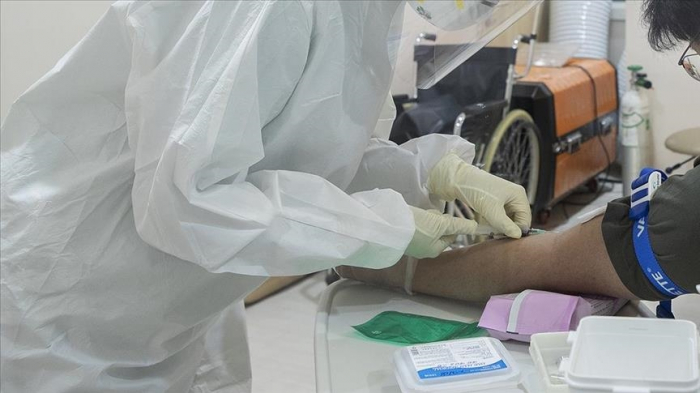Two cases were found in the national capital of Bogota, while a third was reported in Medellin.
Monkeypox has been reported in 6 Latin American countries and the World Health Organization (WHO) said more than 3,200 cases of the disease are in 48 nations.
Argentina was the first Latin American country to confirm the disease, followed by Mexico, Brazil, Venezuela and Chile.
The Argentine Health Ministry reported May 27 that two people -- one from Argentina and one from Spain -- tested positive after having suspicious symptoms.
One day later, Mexico reported its first "imported" case when a 50-year-old man who lives in New York City “was probably infected in the Netherlands," said health officials.
On June 9, Brazil confirmed its first case in a 41-year-old man who had traveled to Spain and Portugal and was admitted to a hospital in Sao Paulo.
Venezuela reported its first case June 13 in a patient who also came from Spain.
Chile confirmed monkeypox June 17. Health officials said it was detected in a young adult who had traveled to Europe and presented symptoms related to the disease.
The World Health Organization is considering whether to declare monkeypox a global emergency, which would give it the same distinction as the coronavirus pandemic and require a global response.
Monkeypox has so far primarily affected men who have sex with men but experts warn anyone in close contact with an infected person or their clothing could be at risk for infection. It could begin with fever, enlarged lymph nodes, back pain and muscle aches before a rash appears on the skin.
WHO Director-General Tedros Adhanom Ghebreyesus said monkeypox is likely more widespread than official numbers indicate and urged vigilance.
“Person-to-person transmission is ongoing and is likely underestimated,” he said.
More about:














-1741278702.jpg&h=190&w=280&zc=1&q=100)

































